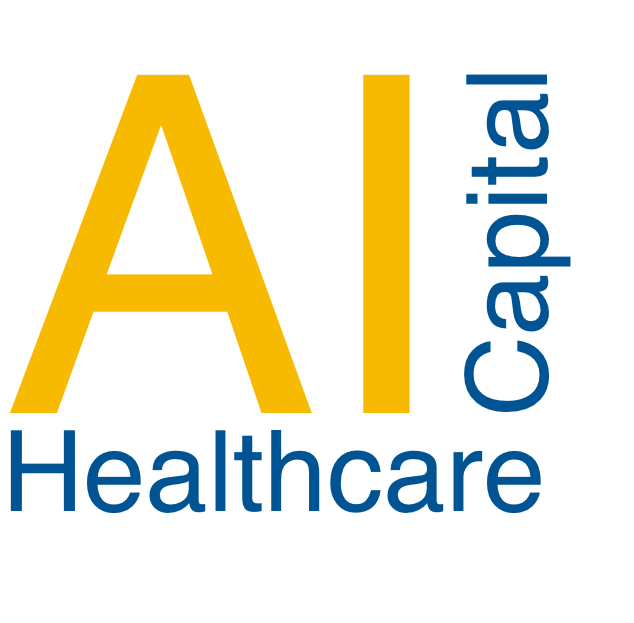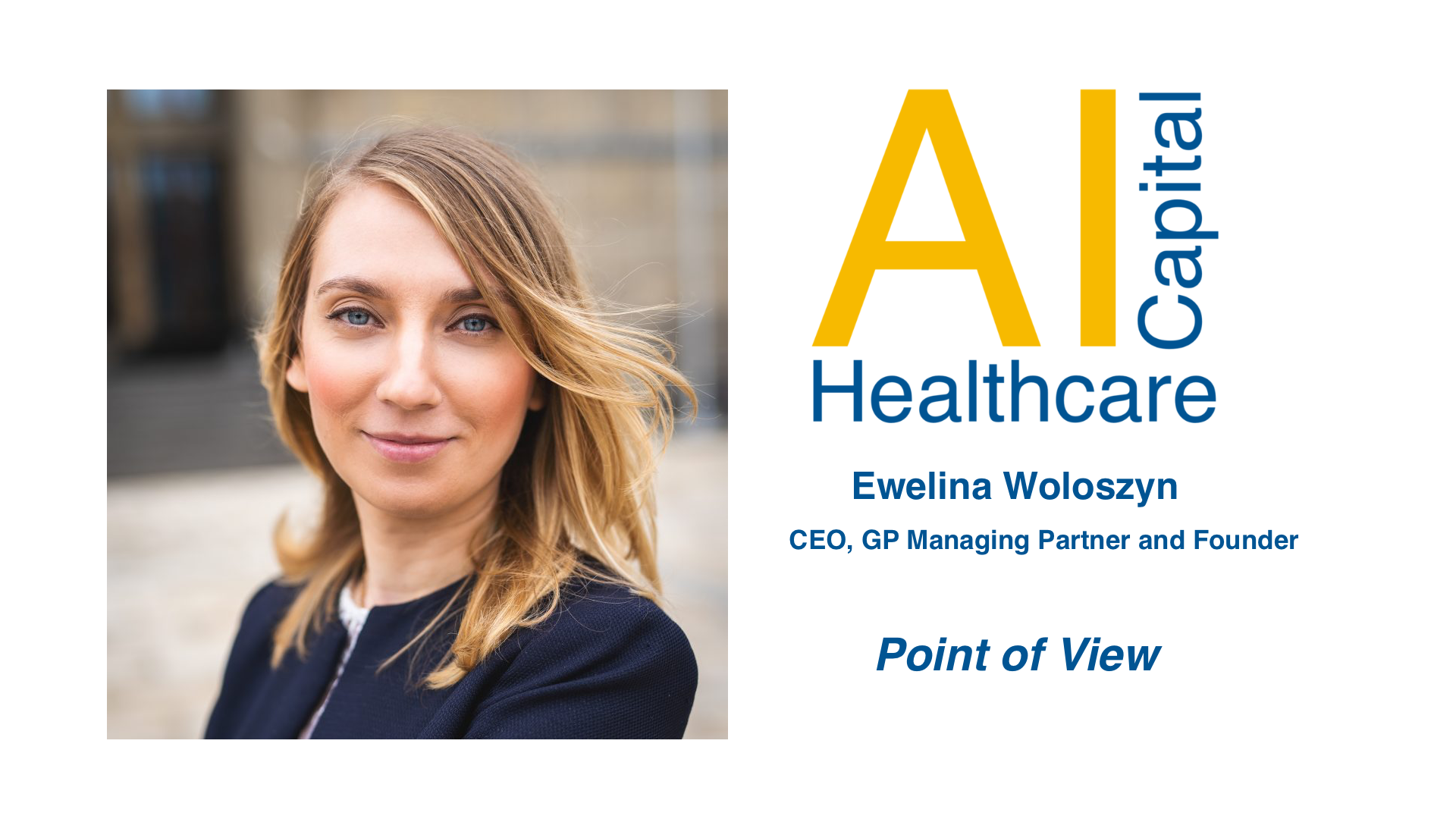by Ewelina Woloszyn, March 16, 2023
“There’s no use talking about the problem unless you talk about the solution.” – Betty Williams
The adoption of AI in healthcare faces several barriers, including regulatory hurdles, limited availability of data, lack of integration with existing systems, and resistance from patients. Below I will present some of the issues out there and possible solutions that we all need to focus on:
Challenge – Resistance to Change from Healthcare Workers Perspective: Healthcare professionals may be hesitant to adopt AI technology, especially if they have been practicing medicine for a long time. They may be reluctant to change their established practices and ways of working.
Possible Solution: Healthcare professionals need to be educated about the benefits of AI in healthcare and how it can improve patient outcomes. Training programs can be developed to help healthcare professionals understand how to use AI technology effectively. For us also important is to engage the healthcare professionals with the process of creating and evaluating AI solutions.
Challenge – Resistance from Patients: Patients may be hesitant to embrace new technologies, especially when it comes to their health. They may be concerned about the privacy and security of their data or may not understand the benefits of AI in healthcare.
Possible Solution – Healthcare organizations can work to educate patients about the benefits of AI in healthcare and address their concerns about data privacy and security. They can also involve patients in the development and deployment of AI technologies to ensure that their needs and concerns are addressed.
Challenge – Data Privacy Concerns: There are concerns about data privacy and security when it comes to healthcare data. AI needs access to large amounts of data to learn and improve, but ensuring the privacy and security of sensitive patient data is essential.
Potential Solution – Improved Data Security: Healthcare organizations can ensure data privacy and security by implementing strict access controls, encryption, and anonymization of sensitive data. They can also use secure cloud-based platforms to store and process data.
I do know that I mentioned only a few complex solutions that will not be implemented overnight, but with the huge potential of AI benefits we have to work hand by hand to make it happen, including all the parties involved.
These barriers can be addressed through a combination of policy changes, investment in infrastructure, and education and engagement with patients and healthcare professionals. By overcoming these barriers, AI has the potential to transform healthcare and improve patient outcomes.






